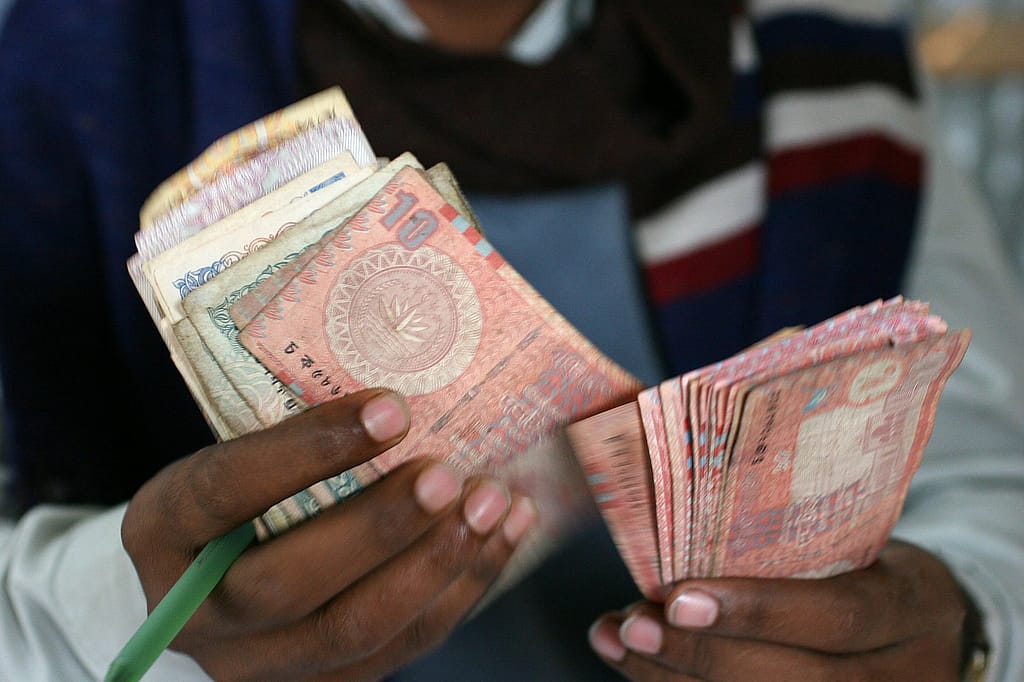Grameen Telecom, founded by Yunus, takes center stage as he and three company directors confront allegations of neglecting to establish a welfare fund for their workers, resulting in a six-month jail conviction for violating Bangladesh’s labor laws.
In 2006, Yunus was awarded the Nobel Prize for his establishment of the Grameen Bank and his pioneering contributions to the concepts of microcredit and microfinance in Bangladesh.
Table of Contents
The Ruling By The Head Of The Third Labor Court
The judgment rendered by Sheikh Merina Sultana, the head of the Third Labor Court in Dhaka, sentenced the four individuals to six months in jail, with Yunus also facing a fine of 30,000 Takas ($260).
The verdict outlines that Grameen Telecom breached labor laws by failing to make at least 67 of its workers permanent employees, as required. Additionally, the court noted that the company did not establish a “welfare fund” intended to assist staff in cases of emergency or special needs.
Sheikh Merina Sultana stated that, in accordance with company policy, 5% of Grameen’s dividends were supposed to be distributed to the staff but were not.
Ulterior Motives

Yunus’s supporters claim that the trial and conviction are driven by hidden motives.
The political implications are significant, especially considering Bangladesh’s upcoming general election on January 7th. Notably, key leaders of Bangladesh’s main opposition party, the Bangladesh Nationalist Party (BNP), are either incarcerated or in exile.
Global Support
The string of accusations traces back to 2008, coinciding with Hasina’s rise to power. Nearly 50 of Yunus’s business entities have faced multiple investigations for alleged violations of various laws.
In August, a joint letter signed by 160 global figures, including former US President Barack Obama and ex-United Nations Secretary-General Ban Ki-moon, condemned the “continuous judicial harassment” of Yunus. Over 100 Nobel Prize winners also expressed concern for “his safety and freedom.”
Yunus And His Legal Team Respond To The Conviction
After the hearing, Yunus told reporters, “I have been punished for a crime that I haven’t committed. If you want to call it justice, you can.”
Yunus’s lawyers expressed their dissatisfaction, stating, “This verdict is unprecedented. We did not get justice.” Another lawyer mentioned that the case was “meritless, false, and ill-motivated,” emphasizing that the sole aim of the case was to “harass and humiliate him in front of the world.”